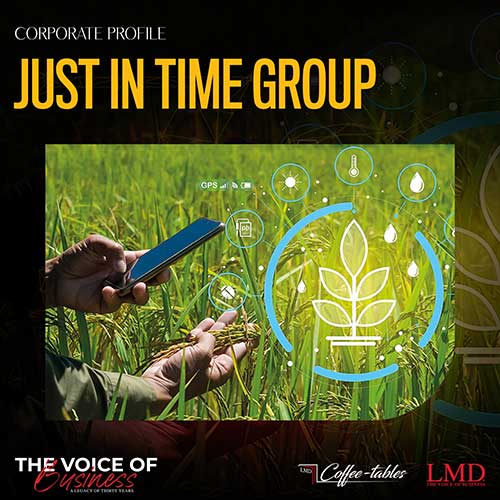OP-ED
A CALL TO ACTION
Saliya Pieris expresses concern about the ‘silent erosion of democracy’

In their seminal work How Democracies Die, Steven Levitsky and Daniel Ziblatt present a chilling analysis of the modern death of democracies – not through the abrupt violence of coups but a gradual decay of democratic values.
They warn of a subtler peril: “Democracies may die at the hands not of generals but of elected leaders – presidents or prime ministers who subvert the very process that brought them to power. Some of these leaders dismantle democracy quickly, as Hitler did in the wake of the 1933 Reichstag fire in Germany. More often though, democracies erode slowly in barely visible steps.”
This cautionary message resonates profoundly with the current state of affairs in Sri Lanka. Despite the promise of the 2022 aragalaya – a movement for hope and change – democratic institutions are being undermined.
The executive has employed a range of tactics: repressive legislation such as the Online Safety Act and Anti-Terrorism Bill; weakening of institutions such as parliament, the Constitutional Council, office of the attorney general, police and public service; and threats to judicial independence.
These past two years have seen a troubling suppression of democracy and dissent, characterised by the arrest of peaceful protesters, arbitrary postponement of elections and other anti-democratic acts.
Amid this democratic backsliding, the apathy of some key professional organisations and corporates is alarming. Their silence in the face of these threats is deafening; and their inaction contributes to the erosion of the very foundations of our society.
As LMD celebrates its 30th anniversary, its role as the ‘Voice of Business’ has never been more crucial. LMD has consistently demonstrated the capacity to be constructively critical, raising issues that concern the nation.
In times when Sri Lanka’s democracy is under siege, with elections postponed, independent institutions threatened and the rule of law disregarded, LMD’s voice must continue to ring out, addressing key concerns relating to democracy and the rights of the people – like it did during the aragalaya of 2022, when even the corporate sector rose from its slumber to share the concerns of the people.
The time to act is now, lest we find ourselves mourning the death of democracy, wondering where we went wrong

The corporate sector’s failure to speak out on these issues is failure to the people.
There is a misconception that democracy and the rule of law are unrelated to business. However, the health of a nation’s democracy is inextricably linked to its economic prosperity. Respect for democracy, human rights and the rule of law is vital for the growth of any nation.
We need only look back a little over 40 years to the regime of J. R. Jayewardene, which stripped the opposition leader (Sirimavo Bandaranaike) of her civic rights, jailed key political figures (Vijaya Kumaratunga), banned opposition parties (Janatha Vimukthi Peramuna a.k.a. JVP), postponed parliamentary elections (1982), rigged elections (the referendum) and fomented communalism (Black July in 1983).

The consequences of these actions plunged Sri Lanka into a disastrous period that affected the nation for decades. This dark chapter of our history serves as a stark reminder of the importance of upholding the rule of law and democratic principles, and the need for all concerned to be involved and to promote these values.
To prevent a repeat of such a history, it is imperative to strengthen independent institutions, depoliticise the police and public service, and bolster the Commission to Investigate Allegations of Bribery or Corruption (CIABOC). These steps are necessary to safeguard the democratic process, and ensure that the rights and voices of the people are respected.
The time for complacency is over. It is time for all sectors of society – especially the corporate world – to recognise their role in defending democracy.
Businesses must understand that their long-term success is tied to the stability and fairness of the democratic system, and safeguarding human rights. They must use their influence to advocate for democratic norms and the rule of law.
As we reflect on the lessons of How Democracies Die, let us not be passive observers of democracy’s gradual erosion. Let us instead be active participants in its preservation. The future of Sri Lanka depends on our collective action to protect the democratic values we cherish.
The time to act is now, lest we find ourselves mourning the death of democracy, wondering where we went wrong.






